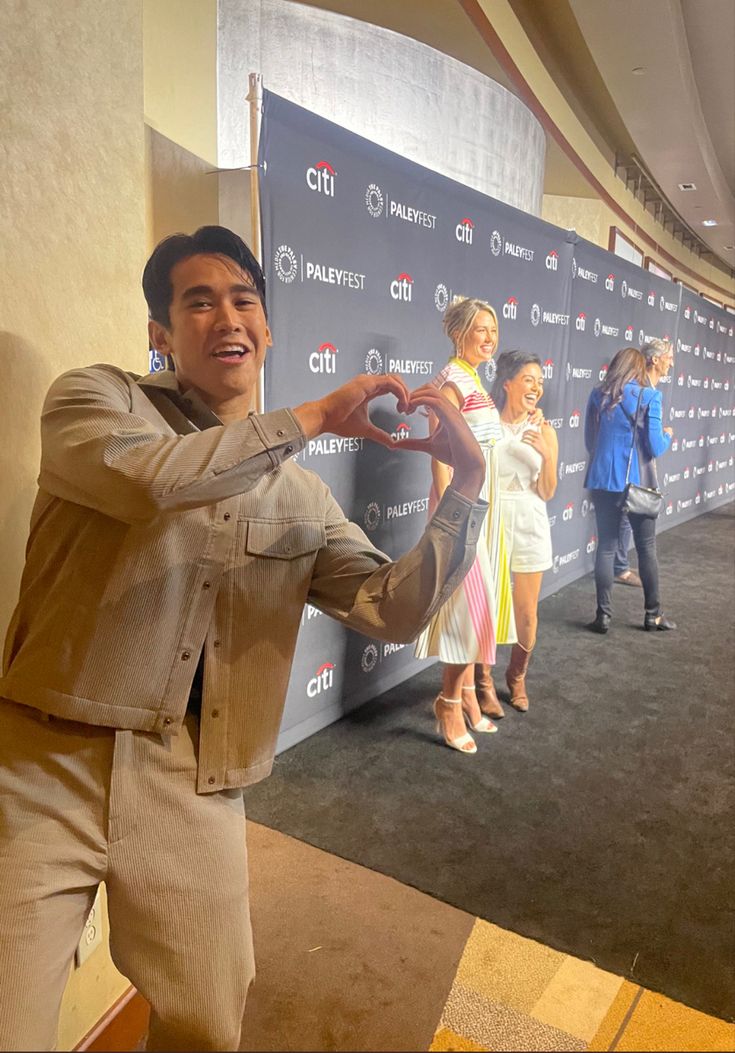
NCIS: Hawai’i takes the popular CBS franchise across the ocean as Special Agent in Charge Jane Tennant (Vanessa Lachey) and her team — Jesse Boone (Noah Mills), Kai Holman (Alex Tarrant), Lucy Tara (Yasmine Al-Bustami), Ernie Malik (Jason Antoon), and Commander Chase (Seana Kofoed) — investigate familiar crimes involving naval officers. While this may be the third offshoot of the original series, following NCIS: Los Angeles and NCIS: New Orleans, it certainly doesn’t feel that way. Hawai’i brings a refreshing element to the franchise, having new opportunities and beautiful scenery to explore in a unique location. Part of what makes the series refreshing as well is the lead character being a woman, as we have with Lachey’s Jane Tennant, which has also opened things up for new stories and allowed this spin-off to escape the otherwise insurmountable shadow of what has come before.
Have you ever noticed how some leaders just gel with their teams—like peanut butter and jelly? That’s Vanessa Lachey on NCIS: Hawaiʻi: she isn’t simply commanding scenes—she elevates them. Today, I want to show you why she’s hands-down the most inspiring, magnetic, and downright effective team leader on the show.
The Natural Charisma That Pulls You In
The Screen Magnetism—Part Personality, Part Command
Let’s start with magnetism. Vanessa exudes confidence effortlessly. When she speaks, you listen. It’s not just her delivery—it’s genuine warmth mixed with authority. This blend?
It’s rare, and it works.
Relatable yet Authoritative
She strikes the sweet spot between, “Yeah, I’d grab coffee with her” and “By the way, she could lead a covert op.” That duality makes her role compelling.
Emotional Intelligence That Builds Trust
She Listens. Like, Really Listens.
You know those leaders who nod while daydreaming? She’s not one of them. She listens, acknowledges, and acts. That fosters real trust. And once trust is there? The team follows—no questions.
She Leads with Compassion—not Weakness
Compassion isn’t soft; it’s strategic. Vanessa knows her team’s stressors, strengths, and quirks—and she leads them not through fear, but empathy. That kind of leadership sticks.
Embodying Team Unity
Her Team Isn’t Just Cast; It’s Family
In every episode, you feel a bond. That’s her doing. Whether it’s a quip in the bullpen or a life-or-death field mission, she fosters unity. That cohesion pays dividends when stakes are heightened.
Empowering Every Member
She empowers—not just on screen, but via the vibe the character gives. Each member feels valued and motivated. That’s leadership gold.
Balancing Strength and Vulnerability
Strong, but Not Invincible
Ever watched a scene where she’s commanding the field—and then breaks down in private? That’s real leadership vulnerability. It makes her human. It makes the audience care.
Vulnerability Builds Connection
Let yourself be a little vulnerable—and watch folks rally behind you. That’s what her leadership style models—real people leading real teams. Viewers feel that.
Adaptability in High-Pressure Situations
Tactical Smarts Backed by Emotional Foresight
One minute it’s bullets flying. The next, it’s team morale dipping. She navigates both with grace. That blend of tactical acumen and emotional intelligence? Killer combination.
Cool Head, Warm Heart
High-stress moments? That cool head paired with genuine warmth diffuses tension. It’s leadership we all wish we had—or could be.
Representation Matters
Breaking Stereotypes
A woman leading a top NCIS team on prime-time TV isn’t common. Vanessa’s role breaks that mold—showing that leadership isn’t gendered. It’s earned.
Inspiring a Broader Audience
Young girls watching? They see possibility. Anyone watching? They’re reminded that effective leadership comes in many forms—and that’s powerful.
Humor as a Leadership Tool
Laughter Breaks Tension—and Builds Bond
Humor is disarming. Vanessa mines just the right quips to lighten the mood—without undermining authority. It’s a balance most leaders wish they could nail.
Humanizing Through Wit
You laugh with her—they laugh because of her. That makes her approachable and respected at once.
Clear Vision and Moral Integrity
She Knows the Endgame
Every mission on NCIS: Hawaiʻi has stakes. Vanessa’s character leads with clarity—knowing what the objective is and why it matters. That sense of purpose rallies the team.
Integrity First
She leads with values—justice, teamwork, respect. That moral clarity infuses trust and loyalty.
Leading by Example
She Doesn’t Command from Comfortable Chairs
She’s in the field, in the strategy room, shoulder-to-shoulder with her team. She does the hard work with them. That’s rare—and inspiring.
The Hardest Tasks, She Tackles Too
Unfair? Maybe. Inspiring? Absolutely. She shows that leadership is about rolling up your sleeves—not just giving orders.
Resilience in the Face of Setbacks
She Bounces Back—and Brings the Team Along
Mistakes? Setbacks? She treats them as learning curves—not shame moments. That resilience encourages the team to keep going—even when the odds are stacked.
Turning Failures into Fuel
She reframes mistakes as stepping stones. That perspective shift? It turns setbacks into drive.
Encouraging Growth
She Challenges, Not Just Commands
She pushes the team out of comfort zones—gently yet firmly. And yes, they respond, evolve, and learn.
Celebrating Progress, Not Perfection
Wins and small improvements? She highlights them. That recognition fuels motivation—and real development.

Conclusion
Let’s wrap this up: Vanessa Lachey shines as the best leader on NCIS: Hawaiʻi because she blends charisma with empathy, authority with vulnerability, and humor with integrity. She isn’t just a boss—she’s one of the team, leading with heart and grit. That’s leadership gold—and what keeps viewers hooked.
FAQs
1. Why does Vanessa Lachey’s character resonate so much?
Because she combines realness with competence—she’s relatable, yet worthy of respect.
2. Can humor really strengthen leadership on a drama show?
Absolutely! Humor humanizes, breaks tension, and deepens connection—all powerful for team cohesion.
3. How does vulnerability enhance her leadership?
By showing humanity, she gains trust. People follow leaders they believe are authentic.
4. Why is representation in leadership roles important?
Seeing a strong female leader breaks stereotypes and inspires broader audiences to believe leadership isn’t limited.
5. What can real leaders learn from Vanessa’s style?
Lead with both strength and empathy, acknowledge mistakes, empower others, and always act with purpose—and you’ll lead teams well.